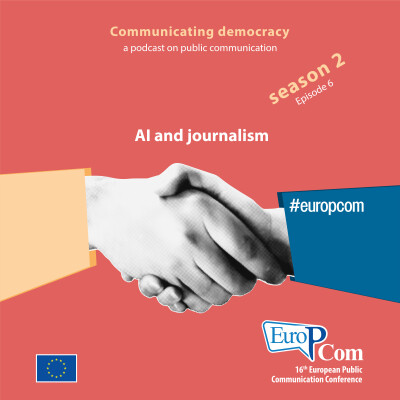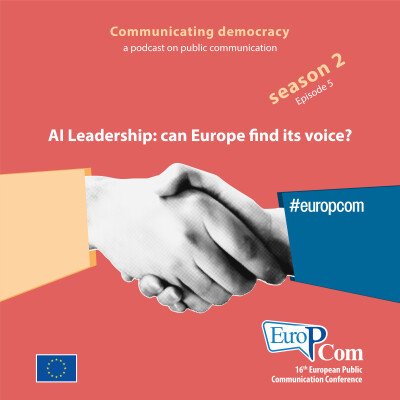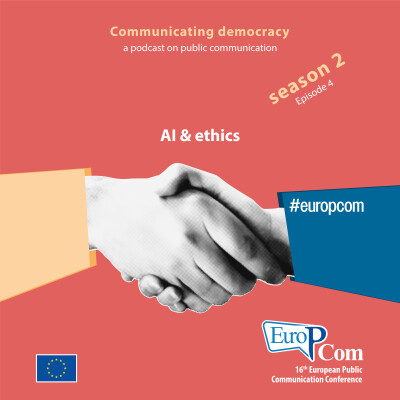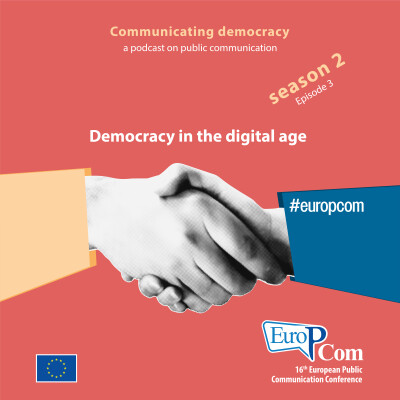Description
Communicating Democracy: the EuroPCom podcast on public communication explores the dynamic relationships between media, communication and democracy. Journalist Evi Kiorri meets with communication experts from local, regional, national & European level and explores their insights & best pratices when it comes to successful communication strategies.
#Public communication #Democracy
Hosted on Ausha. See ausha.co/privacy-policy for more information.










